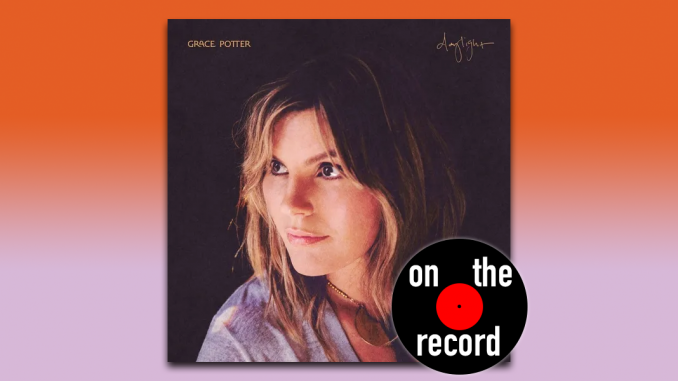
I’ve lived in Glasgow for just under two months and I have not been catcalled once. I have not been whistled at on my way home from the bus station after dark, I have not been commented on while in line at a concert venue, and I have not been hollered at from the windows of passing cars. These are all regular occurrences at home in New York. Here? Not one single time.
I don’t write this to garner pity, I write this because Glasgow is a major city just like any other. It has a busy nightlife scene, a heavy population of university students, and yet, clearly, something is different here.
That isn’t to say that sexual assault doesn’t happen here. It does. Between 2017 and 2018, there were 2,032 reported cases of sexual crime in Glasgow, and 12,487 for the entire country. As we all know, there are often thousands more that are not officially reported to the authorities.
At my university, there are stickers on the backs of every restroom stall door that list hotline numbers for rape, domestic violence, and suicide prevention. It’s a tiny detail in the grand scheme of things, but it feels important — like there’s a small voice reminding you that it’s okay to speak up, even if it’s hard to do so. Last week in the news, Harvey Weinstein was invited to an actors’ event in New York, and it was a female comedian who had the courage to use her set to call him out. She was booed.
I’m sure the women of Scotland are not untouched by this madness; this obscene way in which men feel a sense of entitlement and superiority in their work and personal lives. In some minuscule way though, it feels good to walk the streets of a city and not hear jeers or catcalls. It’s the bare minimum, but it’s significant enough that I noticed the difference when I moved here, and I’m going to enjoy it while I can.
In the interest of women everywhere putting their feet down and sticking it to the past, I listened to Grace Potter’s new album, Daylight. It was a fantastic choice. (So much so, I even bought a ticket to her upcoming show at the Beacon Theatre in February.)
Potter’s last solo album, Midnight, was released in 2015 and was more synth-pop than anything else. Since then, Potter has been divorced and remarried. She’s also had a baby and dropped her previous band, The Nocturnals. As you might guess from the record title, Daylight is a complete 180 turn for her, both personally and musically.
Daylight is open, honest, and unapologetic. It features the gripping, smokey, soulful vocals Potter has become famous for, and her range is impressive. She’s nobody’s fool, and gives a good rock’n’roll scream on several of the tracks. It’s also deceptively layered: very blues-driven, with horns, piano, organ, and strings, but chock full of soul. Benmont Tench (of Tom Petty and the Heartbreakers) lends his talent on the keyboard, and the best tracks on the record feature the lovely ladies of Lucius serving as the backing vocalists. Is there anything better than a talented female vocalist supported by equally talented female vocalists? Nope.
In a lot of ways, Daylight seems to be about Potter shedding a skin — switching directions but also using it as a stepping stone towards the sound that she ultimately wants to achieve. As she sings on “Every Heartbeat,” “the only sure thing is that everything will change.”
I’d love to hear her do a little more experimenting with guitar chords, or perhaps collaborate with a lyricist. She’s got a fantastic voice. Now is the time for her to hone her craft, and figure out how to deepen the complexity of her music. Daylight sounds as though she is just beginning to scratch the surface of her potential.
If there’s anything Potter has proven over the years, it’s that women belong in the arts industry. Yes, women can play electric guitar, women can belt their vocals, women can write powerful songs. Women can be blonde and gorgeous and they don’t have to be compared to Taylor Swift.
“Intentions are different than actions […] show me what I’ve always known, show me that I’m not alone,” she sings on the closing track, “Daylight.” And Potter isn’t alone. There’s a slew of female musicians striving to change the direction not only of their work, but of the environment that they produce it in.
I hope that trend continues.
